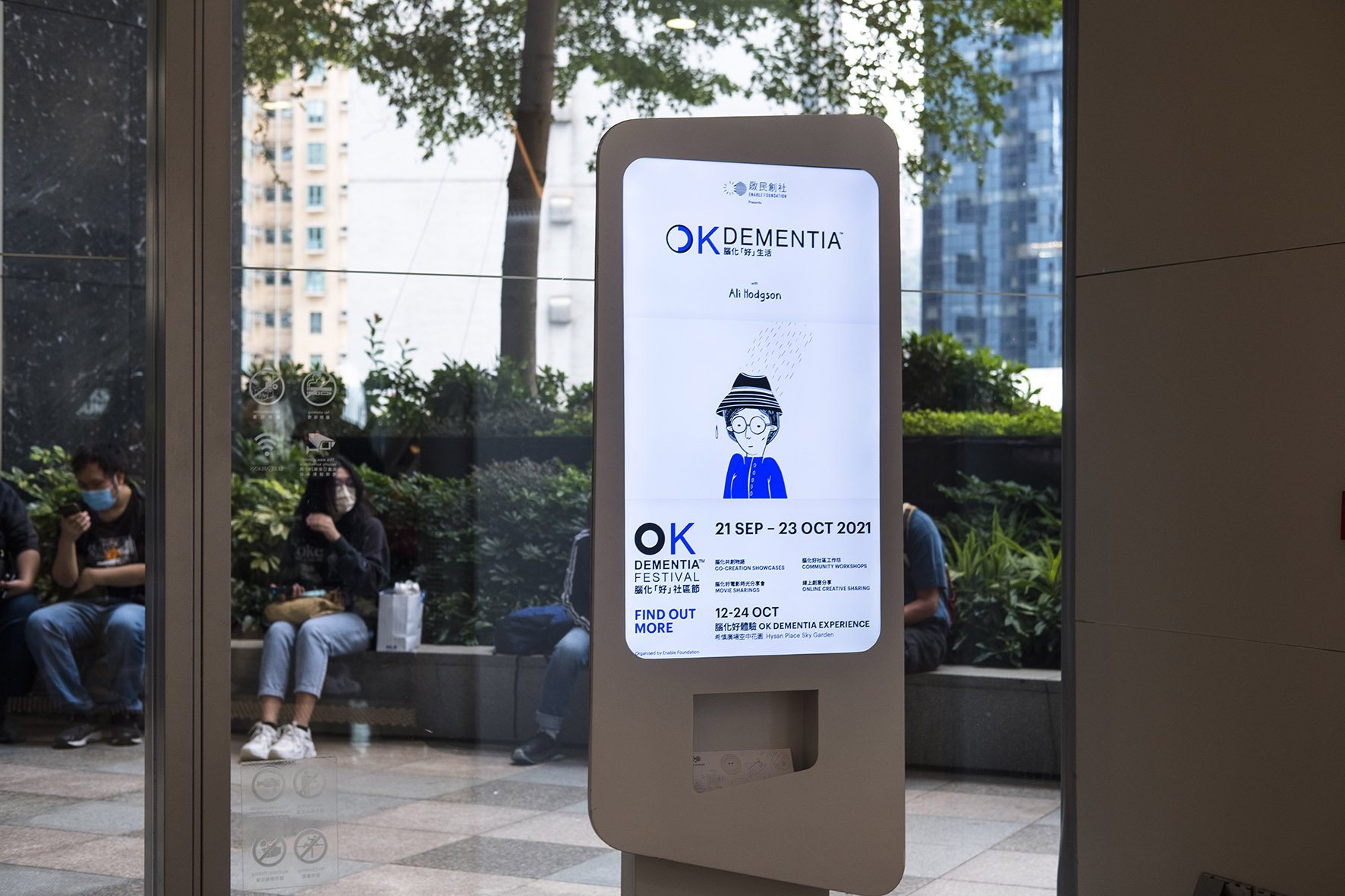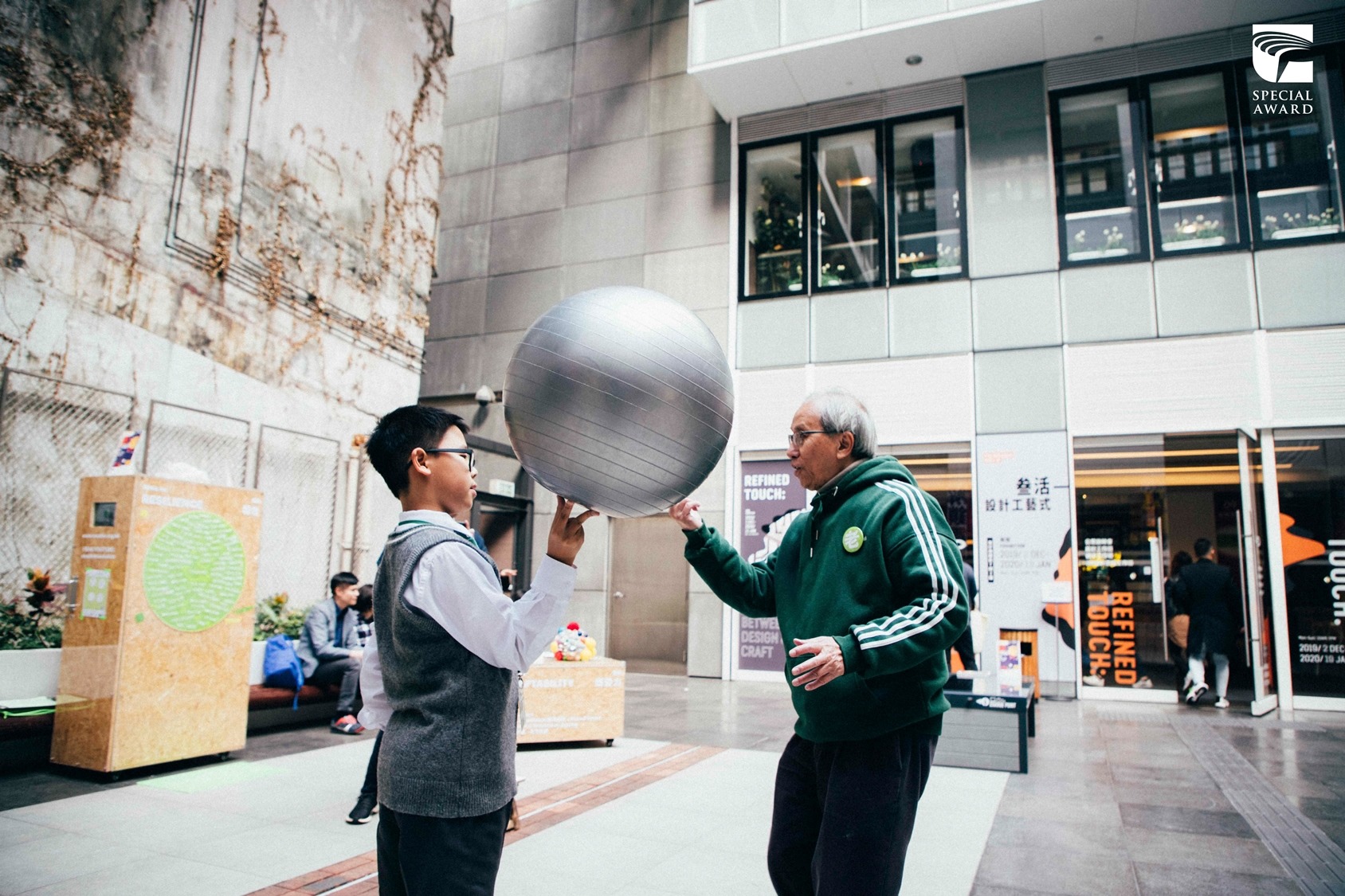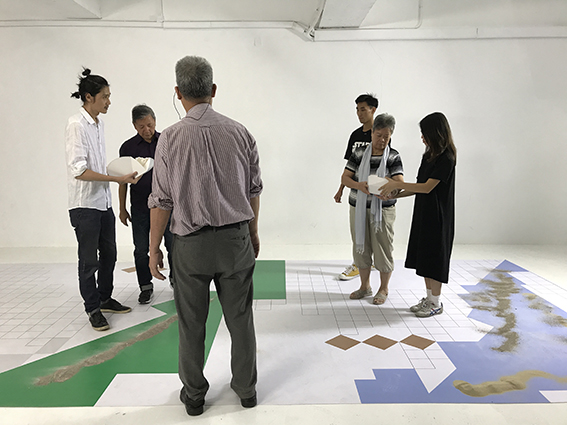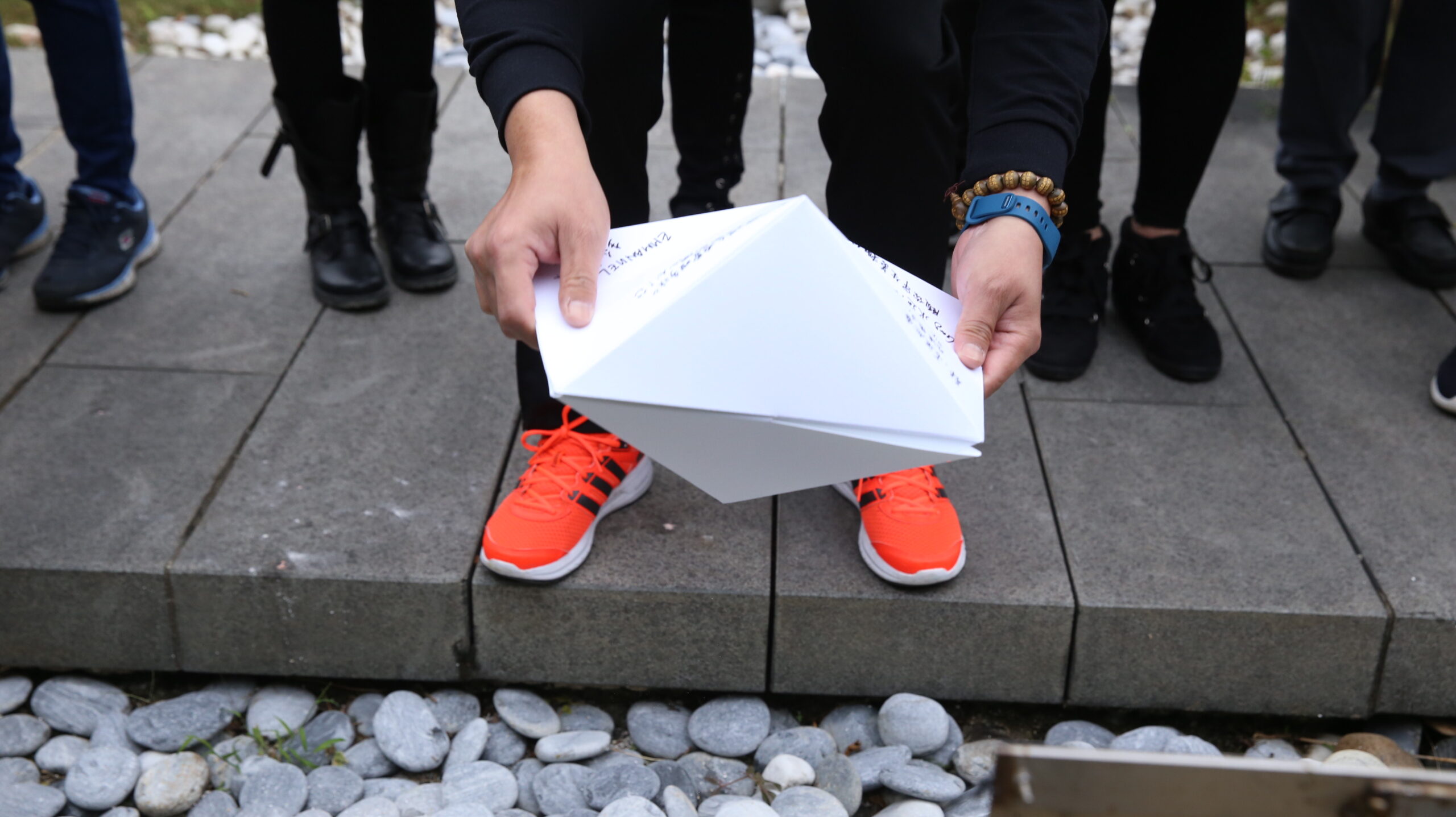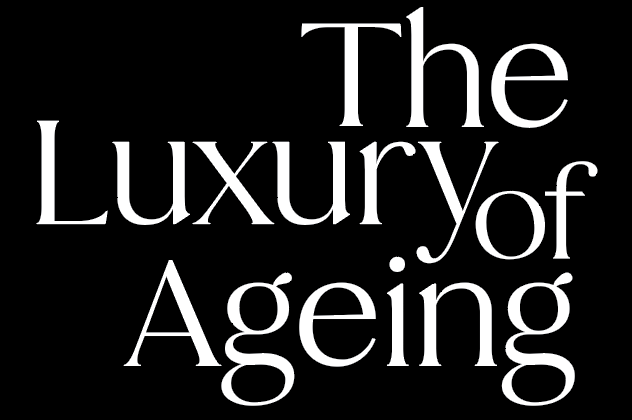Challenging the notion that ageing is a policy problem to be solved with arbitrary design solutions,
Dr Yanki Lee, a design research scholar and professor in design in Denmark and Sweden, emerges as a guiding light at the intersection of architectural design for ageing, social interaction and participatory model of innovation. Focusing on reflective ethnography and action research, Dr Lee investigates how older people (reluctant to be called ‘elderly’) are well equipped to design their own post-work life upon retiring. A trailblazer since her MA days at the Royal College of Art (RCA) in London, in 2016, she established the
Enable Foundation in Hong Kong, a non-profit social design collective and education charity with expertise in cross-generational, co-creative and real-world impact. With research spanning 50 peer-reviewed papers and articles as well as extensive collaborations with designers, activists and institutes all over the world, Dr Lee’s practice embodies the future of inclusive design for ageing.

